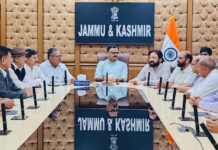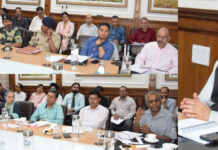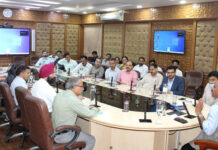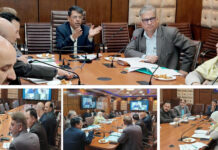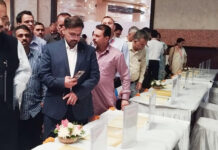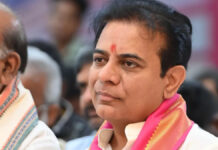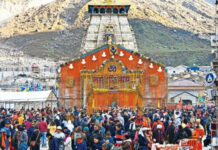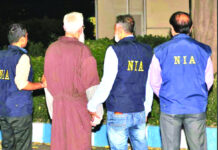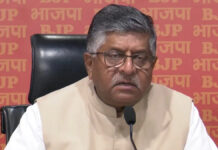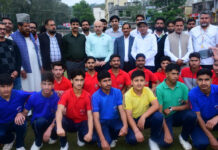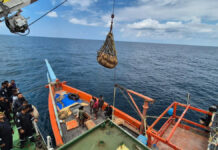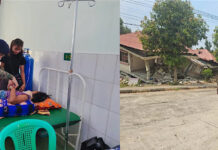Amid a spate of targeted killings, a senior army officer has said the time has come for some sections in Kashmir to overcome “selective dementia” and condemn the killing of civilians so that future generations are saved. There is an end to people’s suffering.
Lt Gen K J S Dhillon, Director General of Defence Intelligence Agency and Deputy Chief of Integrated Defence Staff said the perpetrators of such attacks on innocent civilians are targeting the roots of the society and that such people can never be friends of Kashmir.
Addressing a seminar here on Wednesday, Lt Gen Dhillon said, “Over the past three decades, the Kashmiri society suffered, and the very base and root of Kashmir suffered… We have the right to (have own) feelings, but whenever there is a killing by terrorists, selective dementia happens.”
“Anyone is not speaking against this (killing of innocents); that man or woman has lost the right to speak about everything else. The world would later ask when you were silent on innocent killings, why should you be heard now,” he said and urged people to overcome the syndrome of “selective dementia”.
Lt Gen Dhillon, who was also heading the strategic Kashmir-based XV Corps of the army during the crucial phase of abrogation of Article 370, highlighted that 66 per cent of the population of Kashmir is below 32 years of age. They could be referred to as “children of conflict” and “we need to understand their psychology”.
He said there is a need to understand the psychology of the younger population and the pain of the mothers.
“The 2011 census puts the population of Kashmir below 32 years of age at 62 per cent, and today it would have been around 66 per cent, which means that 66 per cent of the population were born during these three decades (of militancy) and are the children of conflict.
“They were born and brought up during the gun culture, strikes, curfews and crackdowns. They have grown up with a scar on their psychology. They have grown through radicalization and propaganda…so there is a problem, and we need to understand their psychology,” he said.
“Who’s to be blamed, and who is the loser? The loser is a Kashmiri wife; the loser is a Kashmiri mother…Kashmiri mother because her child could not go to a good school, did not get proper education, whose child was pushed into madrassa and was indoctrinated, joined the rank and file of a terror group and lost his life within a day or a year, leaving her grieving for the entire life.
“The grief of that mother stems from the rot of terrorism, and we need to address it as a society,” said Lt Gen Dhillon, who during his tenure had initiated “Operation Maa” to educate mothers about the ills of militancy and prevent their children from joining militant groups.
Citing an instance during security checks at airports abroad, Lt Gen Dhillon said that “calling someone Paki (Pakistani) in the western world is an abuse and do you (Kashmiris) want to be a society like that.”
“Are we heading that way? We have a rich history of 5000-plus years which is peaceful, based on coexistence, Kashmiriyat, insaniyat and Sufiyat,” he said.
He said the economic side of the recent killing of innocents was to trigger panic to prompt prospective tourists to cancel hotel bookings so that ordinary people suffer and become fodder for their militant groups.
“The mainstay of young Kashmiri is tourism; it may be yatra (pilgrimage), trekking, skiing in Gulmarg…the tourists come and contribute to the economy, whether in Indian or foreign currency. If peace is not there, who will come? We had seen seasons in the past when there were no tourists, and the local people suffered,” Lt Gen Dhillon said.
“We need to understand that we are being attacked at the very root — be it education, business, livelihood — and those doing it cannot be a friend of mine. This has to be understood by a common Kashmiri,” said Lt Gen Dhillon, who served as a captain in north Kashmir during 1990 and went on to head the XV Corps overlooking security along the Line of Control as well as hinterland.
Referring to the period he was posted as a captain in north Kashmir’s Kupwara district in January 1990 when insurgency erupted in the valley, he said the percentage of the people affected by it and those involved in it were both in single digits, but 80 to 90 per cent of the population remained silent to the happenings.
“Kashmiri Pandits were made to leave Kashmir. It is not just Kashmiri Pandits, but a part of the soul of Kashmir left. Kashmiri Pandits were the mainstay of the education system in the valley. What happened in 1989-90 when terrorism started, the first casualties were the schools that have been burnt down,” he said.
He said the people who were doing this did not want an education system in the Kashmiri society and wanted to crush the spirit of Kashmiriyat.
He also added that militants ensured that Jammu and Kashmir lacked behind the rest of the country and the main reason for it was the eruption of militancy in the erstwhile state.
“When the benefits of global economy accrued and India started getting its benefits, it was the same time when terrorism started in the valley in 1990; as a result, Jammu and Kashmir lost this opportunity to be part of the global economy and avail its benefits,” he said.
Kashmir has witnessed a spate of targeted civilian killings in the past few weeks.

